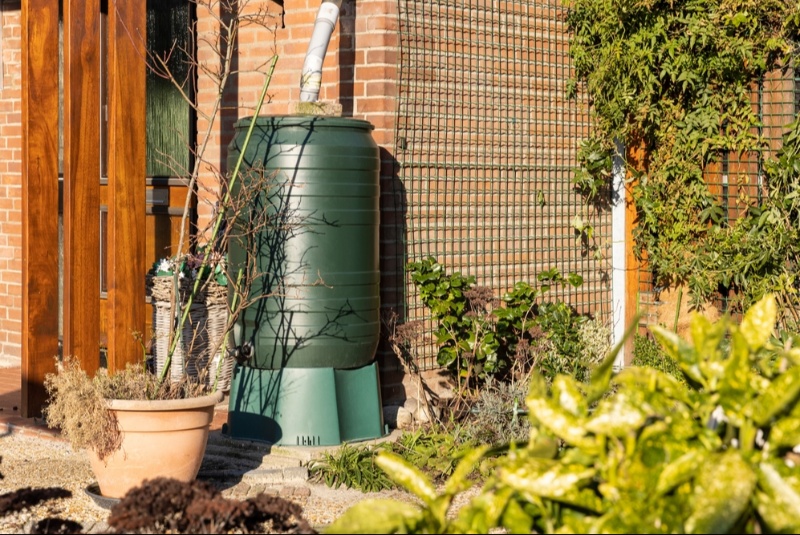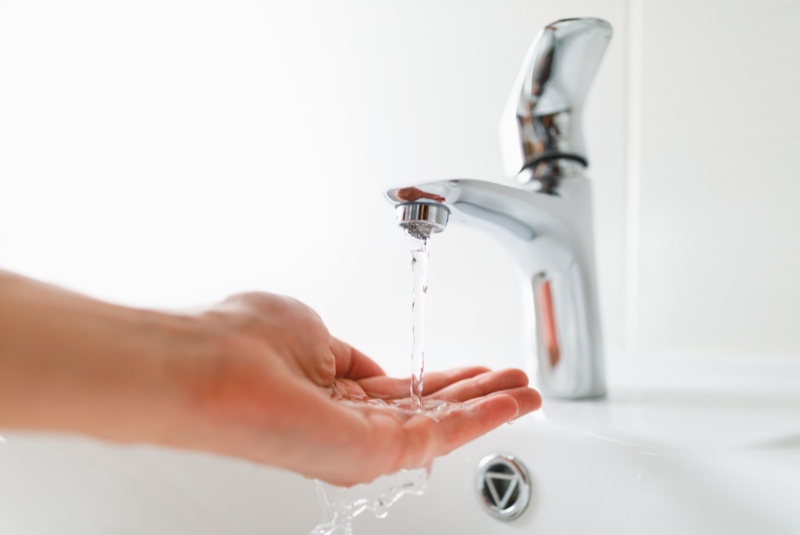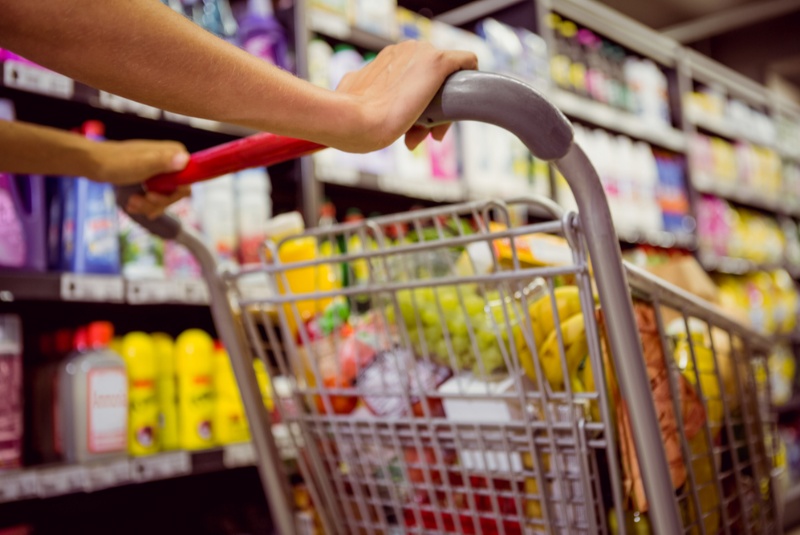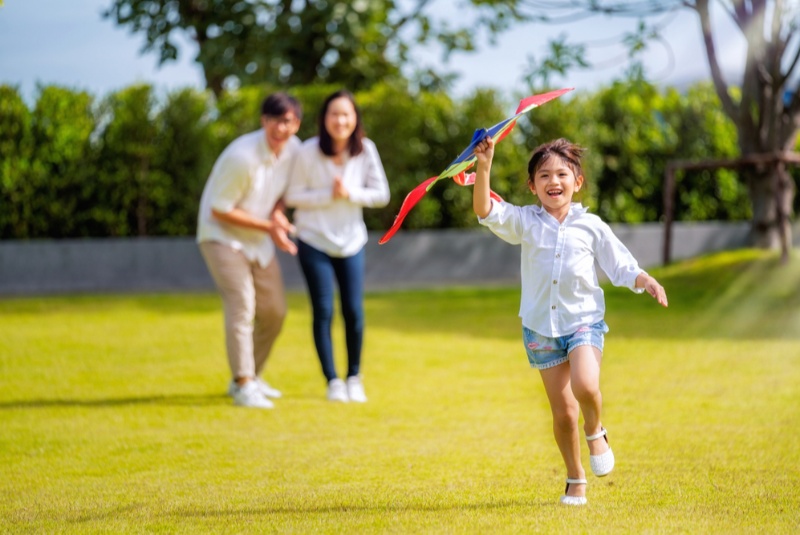Managing your water usage is crucial for both environmental conservation and reducing your utility bills. With a few simple changes and smart strategies, you can significantly lower your water consumption and save money. This guide explores practical tips for conserving water at home, helping you implement effective water-saving measures. Discover how to optimize your water usage, protect this valuable resource, and enjoy cost savings with these easy-to-follow tips.
Fix Leaks Promptly
Leaky faucets and pipes can waste a significant amount of water over time. Even a small drip can add up to gallons of water wasted each day. Regularly check your faucets, toilets, and pipes for any signs of leaks and fix them promptly. Replace worn-out washers and seals, and consider upgrading to more efficient fixtures if necessary. Fixing leaks not only saves water but also prevents potential damage to your home. Addressing leaks promptly is a simple and effective way to reduce water waste and save on your water bill.
Install Low-Flow Fixtures
Low-flow fixtures, such as showerheads, faucets, and toilets, are designed to reduce water usage without compromising performance. These fixtures use less water per minute, helping you conserve water with every use. Look for WaterSense-labeled products, which meet the EPA’s criteria for water efficiency. Installing low-flow fixtures can lead to significant water savings over time. For example, a low-flow showerhead can save up to 2,700 gallons of water per year for a family of four. Upgrading to low-flow fixtures is a cost-effective way to reduce your water usage and lower your utility bills.
Use Water-Efficient Appliances
Water-efficient appliances, such as washing machines and dishwashers, use less water and energy to operate. When purchasing new appliances, look for those with the Energy Star label, which indicates they meet energy efficiency guidelines. Water-efficient washing machines use up to 50% less water than standard models, while water-efficient dishwashers can save up to 5,000 gallons of water per year. Using water-efficient appliances not only reduces your water usage but also lowers your energy consumption, resulting in additional cost savings on your utility bills.
Water Your Lawn Wisely
Outdoor water usage, particularly for lawns and gardens, can account for a significant portion of your water bill. Water your lawn early in the morning or late in the evening to minimize evaporation. Use a rain gauge or soil moisture sensor to determine when your lawn needs watering, and avoid overwatering. Install a drip irrigation system or soaker hoses to deliver water directly to the roots of your plants, reducing waste. Additionally, consider planting drought-resistant or native plants that require less water. Watering your lawn wisely helps you conserve water and maintain a healthy, sustainable landscape.
Collect Rainwater
Collecting rainwater is an excellent way to reduce your reliance on municipal water for outdoor use. Install a rain barrel to collect rainwater from your roof’s downspouts. This water can be used for watering your garden, washing your car, or other outdoor tasks. Rainwater is free, naturally soft, and chemical-free, making it ideal for plants. Using collected rainwater helps you save money on your water bill and reduces the demand on your local water supply. Rainwater harvesting is an eco-friendly and cost-effective method for conserving water.

Take Shorter Showers
Reducing the length of your showers is a simple and effective way to save water. Aim to keep your showers under five minutes and turn off the water while soaping up or shampooing. Installing a shower timer can help you stay mindful of your shower duration. Consider taking a “navy shower,” where you wet yourself, turn off the water to lather, and then rinse off. Shortening your showers can save up to 2.5 gallons of water per minute, leading to significant water savings over time. Taking shorter showers is an easy habit to adopt for conserving water and reducing your utility bills.
Turn Off the Tap
Many everyday tasks, such as brushing your teeth, shaving, or washing dishes, involve running water. Turning off the tap while performing these tasks can save a substantial amount of water. For example, turning off the tap while brushing your teeth can save up to 8 gallons of water per day. Use a cup of water for rinsing your mouth or shaving, and fill the sink with water when washing dishes instead of letting the tap run. Being mindful of turning off the tap helps you conserve water and reduce unnecessary waste.
Optimize Your Irrigation System
If you have an automatic irrigation system, ensure it is optimized for efficient water use. Check for leaks, broken sprinkler heads, and misaligned nozzles that can waste water. Adjust the system to water only the areas that need it and avoid watering sidewalks or driveways. Use a weather-based irrigation controller or smart irrigation system that adjusts watering schedules based on weather conditions and soil moisture levels. Optimizing your irrigation system helps you conserve water and maintain a healthy landscape without overwatering.
Use Mulch in Your Garden
Mulch is a valuable tool for conserving water in your garden. Applying a layer of mulch around your plants helps retain soil moisture, reduce evaporation, and suppress weeds. Organic mulches, such as wood chips, straw, or compost, also improve soil health as they decompose. Aim for a mulch layer of 2-4 inches thick and replenish it as needed. Using mulch reduces the frequency of watering, saving water and maintaining a healthy garden. Incorporating mulch into your gardening practices is an effective way to conserve water and support sustainable landscaping.
Fix Running Toilets
A running toilet can waste a significant amount of water, often going unnoticed until you receive a high water bill. Check your toilets regularly for running water by listening for continuous sounds or using food coloring in the tank to detect leaks. Replace faulty flappers, fill valves, or other components as needed to stop the running water. Installing a dual-flush toilet or a conversion kit can also help reduce water usage by offering different flush options for liquid and solid waste. Fixing running toilets promptly prevents water waste and lowers your utility bills.
Educate Your Household
Educating everyone in your household about the importance of water conservation is essential for collective effort. Share water-saving tips and encourage mindful water usage practices among family members. Create a water conservation plan together and set goals for reducing your household’s water consumption. Children can be involved in water-saving activities, such as turning off the tap while brushing their teeth or helping to collect rainwater. By fostering a culture of conservation, you can ensure everyone in your home contributes to saving water and reducing utility costs.
Saving money on your water usage is achievable with simple changes and mindful practices. By fixing leaks, installing low-flow fixtures, using water-efficient appliances, and optimizing your irrigation system, you can significantly reduce your water consumption. Collecting rainwater, taking shorter showers, and turning off the tap during everyday tasks further contribute to water conservation. Using mulch in your garden, fixing running toilets, and educating your household on water-saving practices ensure a collective effort in managing water usage. Implementing these tips not only saves you money but also supports environmental sustainability and resource conservation. Start making small changes today to enjoy the benefits of reduced water bills and a more sustainable lifestyle.




